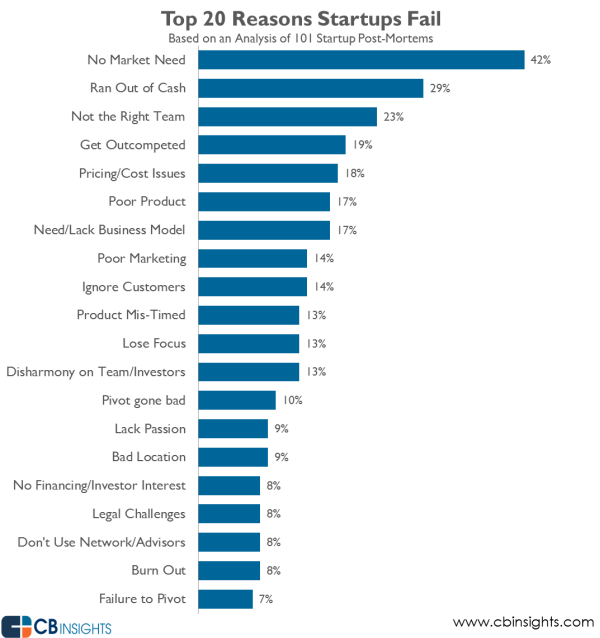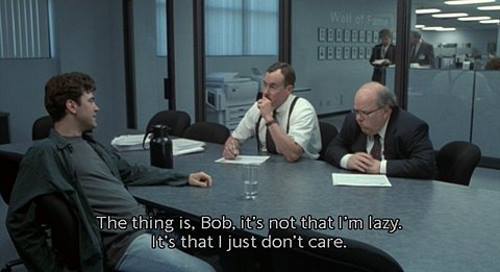We all have dreams and some of us dread helping others build theirs. Dreams are a great starting point, but taking the leap requires more than a dream. You must understand the risks of starting your own business and weigh your options before you transition from your job to your business.
Some of us have responsibilities that will make taking the leap into entrepreneurship extremely difficult. Others may have more time but just don’t know where to start. Regardless of your situation, you want to make sure you begin with a solid plan.
Follow these steps if you want to transition from your job to your business.
Step One – Ask The Right Questions

Building a business is not for the meek. As you know, it takes hard work and determination to transition from your job to your business. Before you begin this journey, you must ask yourself some very serious questions.
I mean, the type of questions that most are afraid to ask themselves because asking may reveal something that will prevent you from starting the business of your dreams.
But don’t delay. It needs to happen before you begin to invest your time and resources into building your business.
How Bad Do You Want It? Transitioning from Your Job to Your Business Is More Difficult Than You May Think
It doesn’t take much to start a business just as it doesn’t take much for one to fail.
Before deciding to transition from your job to your business, you should ask yourself the following questions:
1. Why am I starting a business? Early stage businesses require a significant amount of time, energy, and effort. Especially if you are going it solo. If passion is not included in your answer, you may want to adjust your focus to something that is more aligned to what you care about most.
2. Who is my ideal customer? To be successful, you will need a thorough understanding of your audience. When determining who you will target, be sure to examine if they are able to purchase what you’re offering and for how long will they continue to do so.
3. How much money do I need to get started? Consider everything you will possibly need to make your business a success. The operative word is success. You don’t want to limit your growth by accounting for only what it takes to keep the lights on.
Budget for What You Need to Be Successful In your Business and Not to Simply Sustain.
4. Am I prepared to spend the time and money needed to get my business started? This is where the reality check comes into play as you can’t bank on being an overnight success. You must determine if you have enough money to fund your business for an extended time period.
5. Who is my competition? Understanding your competitors is almost as important as understanding your customers. If you are entering an existing market, conduct research to examine the competitive landscape.
6. How will I price my product compared to my competition? Keep in mind what you need to be successful. Price accordingly.
7. How will I manage my business? Will you have a team of full-time employees, virtual assistants, or interns? Do you have a list of tools to help manage your business?
Step Two – Identify Holes in Your Ability to Run a Business

Before you transition from your job to your business, determine whether you’re prepared to handle basic business functions such as sales, accounting, and IT.
Deterine areas that can be strengthened. If you aren’t strong in accounting (like many first-time business owners) you may need to hire an accountant or purchase software like QuickBooks Self-Employed to perform these functions.
Ehance your skills. You may also consider taking advantage of the perks your current employer offers to enhance your business skills. Some employers offer various management and business training courses or tuition reimbursement.
Both you and your company will benefit from your new skills.
If you don’t have the money to hire a consultant or adviser. Seek out mentors. Find them in professional organizations, business associations, networking events or try your local chamber of commerce.
Step Three – Validate Your Business Idea
https://www.youtube.com/watch?v=dwKAJbTePEo
Validating your business idea will save you a great deal of time, money, and stress when you transition from your job to your business.
It will keep you from continuing to pour your heart and soul into something that no one can possibly want.
One of the most important questions you must ask yourself is “can I make money doing this?”

As shown in the chart above, the number one reason why most businesses fail is a lack of market need for their product or offering.
It doesn’t matter how great your product is or how your service will improve the lives of customers.
The only thing that matters is if people want your offering.
So, when validating your business idea, ask yourself what differentiates my business idea and the products or services I will provide from others in the market? Be sure to conduct research to gain an understanding of the market.
SEE ALSO: Top 5 Tools to Survey Your Target Audience
Step Four – Map Your Game Plan

Business growth is probably the most prioritized metric for new businesses. It allows business owners to see if they’re on track to accomplishing the business objective.
It all starts with mapping a game plan for business growth.
So, how do you expect to grow your business and what goals do you have to increase growth?
The goals you set are important but you must have a specific game plan for reaching those goals.
It’s great to have awesome sounding milestones, but if you have no real plan on how you’re going to hit those targets, then you’re really just dreaming instead of truly building your business.
If you find yourself stuck trying to navigate through the tough process of business building, you should seek advice from people who have successfully accomplished what you’re looking to build.
Step Five – Build Your Digital Brand

Digital branding is a great way to attract and convert your audience. Before your transition from your job to your business, you should assess how you will find and convert customers.
You can cold call potential customers, advertise online, mail brochures, or even knock on some doors to build your business. But, if you don’t have a strong digital brand, however, you could be faced with your customers going to competitors with stronger brands.
SEE ALSO: The UltImate Guide To Building Your Digital Brand
A brand is the promise, the big idea, the expectations that reside in each customer’s mind about a product, service or company. How your brand is viewed affects how well your brand performs in the market.
Define Your Digital Brand
Determine what feeling you want your brand to evoke and how you want your audience to feel about your brand.
- Think about what you have to offer that makes you unique. What sets you apart from your competitors?
- Develop your digital brand voice and make sure it communicates your brand personality.
- Identify the intersection of your audience and your offering.
- Craft your brand story and slogan
Build Your Digital Brand
Prioritize creating a presence online and be sure to make it consistent across all platforms.
- Register any domains before you need them.
- Establish your website or blog to serve as your home base.
- Pick your primary social platforms and build your following.
- Be sure to optimize all your content so that it ranks high in search engine results.
- Build your credibility and manage your reputation with positive press mentions, reviews, and recommendations
Monetize Your Digital Brand
Offset your digital branding costs, generate money for your business and eventually have your digital brand pay for itself through monetization.
SEE ALSO: How to Make Money From Your Digital Brand
Overall, your digital brand will help you establish a lasting memory structure in the minds of your audience, foster stronger relationships with customers and trump the competition.
Step Six – Don’t Quit Your Day Job (Yet)
You absolutely should NOT quit your day job if you haven’t passed the ‘tipping point’

Money is the bloodline of any business. Just like blood for humans, it’s something that is needed for your business to survive.
Although you can technically start a business with zero dollars, I can’t think of anyone that would offer that advice.
The last thing you need to worry about when starting a business cash flow. If the decisions you make when developing your business are based on little or no cash flow, it can affect your business in the future.
Are you ready to take the plunge and transition from your job to your business? If you haven’t taken the plunge yet, what challenges are you facing?











